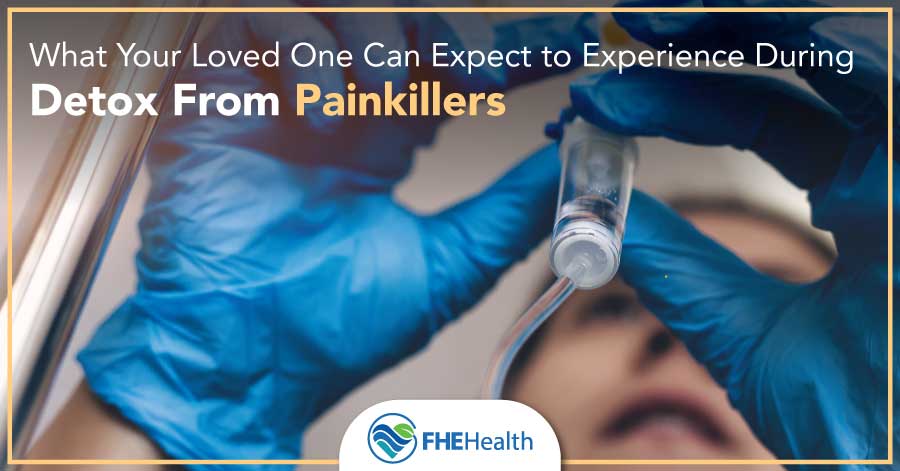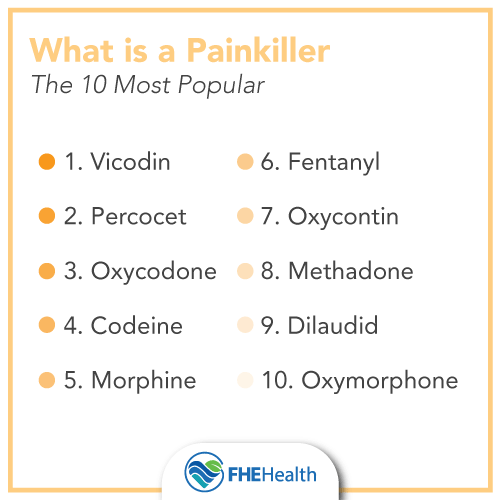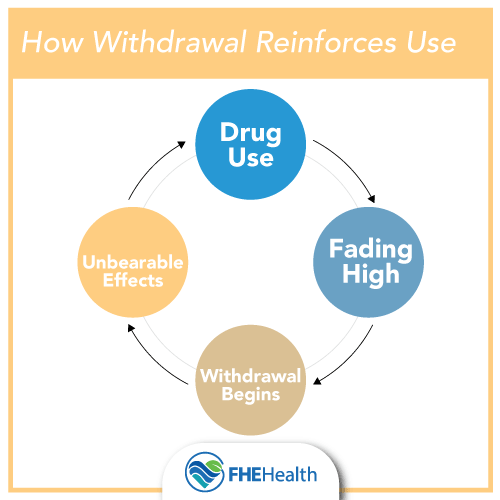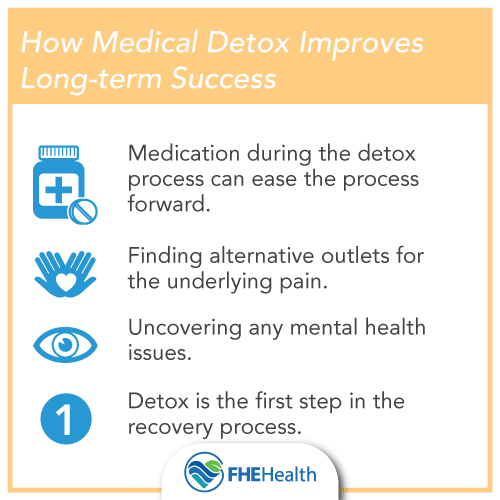
Painkiller addiction continues to grow in the United States. The National Institute on Drug Abuse makes this very clear, noting that every day in the United States, 130 people die from an overdose of opioids, the most common type of over-prescribed and abused painkiller. This includes users of heroin, prescription painkillers and synthetics such as fentanyl. If your loved one is addicted to any type of painkiller, the first step may be quality detox.
What Drugs Are Painkillers?
 The term “painkiller” can refer to a wide range of medicines, including over-the-counter medications used to treat aches and pains. Most drugs like this do not cause addiction. However, prescription-strength medications can create an addiction for many people.
The term “painkiller” can refer to a wide range of medicines, including over-the-counter medications used to treat aches and pains. Most drugs like this do not cause addiction. However, prescription-strength medications can create an addiction for many people.
Prescription-strength painkillers interact with the way the nervous system transmits pain signals. It helps to turn off the pain you feel but also creates a high that can become addictive. For people with a painkiller addiction, it can be hard to simply stop using the drugs.
Common drugs that fall into this category are oxycodone, hydrocodone and meperidine, but any others exist. For a loved one, the important realization is that painkillers can go from tools that stop pain to drugs that create a positive, happy feeling or high. It is that high that people become unable to walk away from.
Painkillers and Physical Dependence
Initially, the use of painkillers reduces pain and creates a high. But over time, these drugs also modify the makeup of the brain and create a physical dependency. When this occurs, people cannot just stop using the drug because they need it to keep away the pain of withdrawal.
When your loved one has intense withdrawal symptoms, they can no longer control their need for and use of painkillers. This is a clear indication that they need help.
There’s a difference between physical dependency and addiction. Addiction occurs when a person must use a drug and does so knowing that there are harmful consequences, as noted by the National Institute on Drug Abuse. In addition, an addict is unable to stop using the drug and cannot maintain their day-to-day responsibilities. There’s a level of tolerance and withdrawal presence.
Physical dependency goes further. In this situation, the person’s body has already adapted to the drug. As a result, significant withdrawal symptoms occur, some of which can be life-threatening. To maintain the same high, the user has to obtain more of the drug and take it either more frequently or in higher doses than before.
Symptoms of Painkiller Withdrawal
You may notice right away if someone is beginning to experience withdrawal. Other users become far more adept at hiding their withdrawal symptoms and their need for the painkiller, making it harder to spot. The most common symptoms of hydrocodone withdrawal or other forms of painkiller withdrawal include:
- Nausea and vomiting
- Muscle cramping, sometimes with the inability to walk
- Depression
- Anxiety
- Agitation and irritability
- Cravings
- Racing heart
- Hypertension
- Fever and sweats
As the withdrawal worsens, it can create stomach cramps, drug cravings that fuel aggression and pain, depression and diarrhea. Some people may experience seizures and a loss of consciousness, especially if they are addicted to a high level of painkiller or have used for years.
Early symptoms of withdrawal can begin within hours of the last dose. They can last for as long as 30 hours after that dose in those with a moderate level of addiction. In other cases, they can last 72 hours or longer.
How Withdrawal Reinforces Drug Use
Many people with a painkiller addiction believe they can stop using the drug at any time. Many try a home detox — the process of just not using these drugs on their own. While some people may stop using the drug and try to tough it out, this can create a life-threatening consequence. In some situations, it can cause a significant amount of pain, difficulty breathing and heart-related symptoms.
Most people cannot make it through a home detox because of these severe symptoms. As a result, they simply start using again. If your body was dependent on a drug, and you suffered intense pain and may even feel like you were going to die, you would likely keep using it too.
Medical Detox Makes Detox More Comfortable

In medical detox, a few key things occur.
- Your loved one has supervision during the process, reducing the risk of a life-threatening consequence becoming fatal.
- Your loved one has access to medications that can help them remain comfortable throughout the process.
- It is more likely they will work through the withdrawal symptoms.
Every detox situation is unique. There are no guarantees that any detox type will be effective, and all forms have risks. Yet, in a controlled environment, you can trust your loved one is getting the best level of care possible.
Will Medical Detox Help Make Quitting Painkillers More Successful Long-Term?

Another important factor is the underlying pain or the reason why your loved one started using these drugs. That pain may still be there. In a medical detox program, it is possible to step away from that pain through new treatment options, physical therapy or a better ability to manage it. Patients get help for the cause of their drug use.
Detox is an opportunity to gain much more. Any co-occurring mental health disorders may become apparent. In some situations, your loved one can start working with therapists to learn why they are using these drugs. They begin to understand the psychological impact of their drug use.
All of these factors help contribute to recovery. Though detox itself is not the only step in the process of recovery, it is the most important first step. By working through withdrawal in a safe environment, perhaps away from some of their triggers, your parent, son, daughter, spouse or other loved one can move beyond their physical addiction.
Is It Time to Seek Help for Painkiller Addiction?
FHE Health offers comprehensive treatments so people can obtain the help and guidance they need. In addition to providing medical detox, we offer a wide range of programs to encourage well-being and long-term recovery. Speak to one of our compassionate, trusted counselors. We’re available 24/7 to help you. Contact us today by calling us at (833) 596-3502






